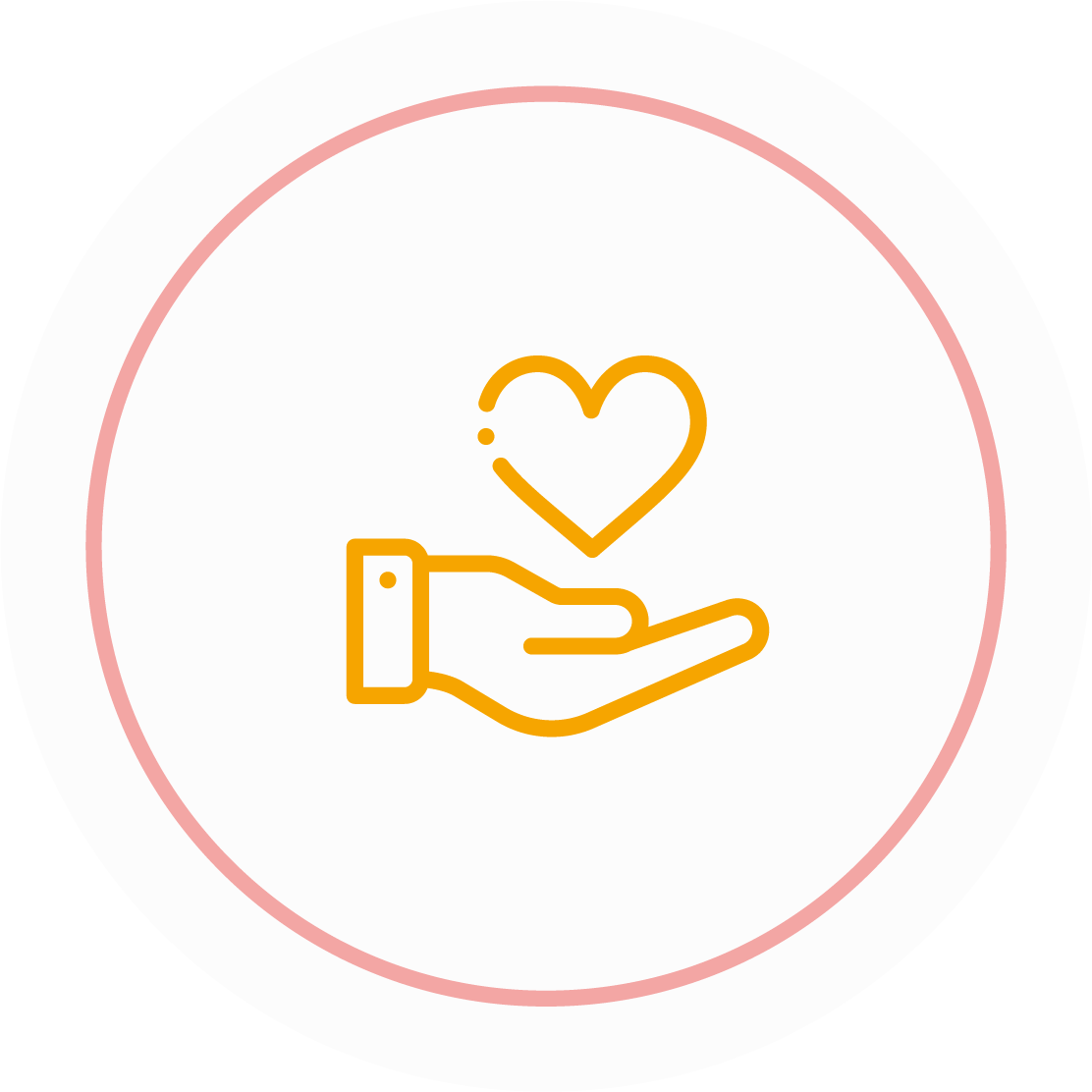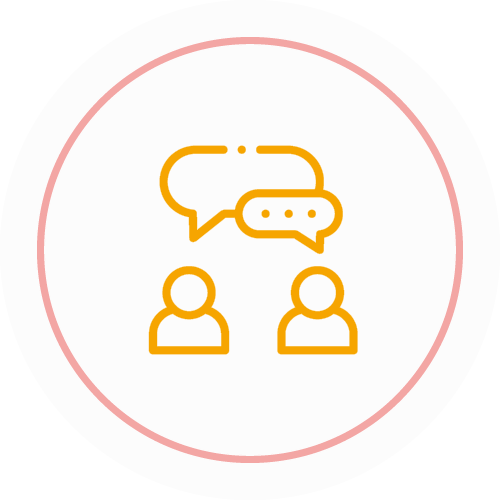
Information for Young People
Need help or just curious? We’ve got your back!
Welcome! This space is for you—whether you're feeling confused, need advice, or just want to know more about what we do. Scroll down for answers to your questions and to find some amazing resources that can help you with whatever's on your mind.

What is an Educational Psychologist (EP)?
An Educational Psychologist (EP) is someone who helps you when things feel tricky at school or in life. They work with you, your family, and your school to understand what’s going on and help you find ways to feel better and learn more easily.
Whether it’s your emotions, friendships, or learning, they’re here to listen and support.
Where to Find Help
Samaritans: Talk to someone when you’re feeling low or need a friendly ear.
Childline: Need advice or just someone to talk to? Childline is there 24/7.
Young Minds: Helping you manage your mental health with resources and advice.
FAQs
-
EPs meet with lots of children in different schools to help for many reasons. This might be, for example, if you find some lessons very difficult, or if you get cross and upset a lot, have difficulties getting on with others, or if there are lots of things worrying you. EPs listen to what is going well and where you need some help. They try to help your teachers and the people you live with make things a bit better for you. It is helpful if they really understand everything that you are finding difficult about being in your school/setting, so they might want to talk to you and do some activities with you.
-
If the EP does need to talk to you, they will want to hear about how things are for you, what you like and don’t like, both at school and more generally. Depending on what you are finding difficult, they may want to read with you or ask you to try some activities and puzzles. The EP will also talk to adults who know you well at your school/setting, so that they can understand what is going well and what you are finding hard. They may talk to your parents or carers. If you are over 16 you can say whether you want the EP to talk to your parents or not. If you would prefer not to meet with the EP, you don’t have to, just let us know.
They work directly with children and young people, and their work usually focuses on consultation, assessment and intervention. The aim of their work is to support change and improve outcomes for young people and their families.escription text goes here
-
The EP will usually meet with you but not always. They may have found ways to help you by simply talking to the adults who know you best. If the EP doesn’t see you it is still important that they are able to collect your views by talking to the people around you who know you well.
-
No, the EP will not be your teacher. The adults that you work with now will continue to work with you and may speak to the EP about how you are getting on. The EP may not need to see you in person for a long time, if at all.
-
The EP may see other children in your class, or other children in the school.
-
Sometimes an EP will only see you once or twice, the EP may attend meetings to find out how you are doing or sometimes have some further involvement. You may not see the EP again, as normally it takes a long time to do all the things on the action plan. If you would like to see the EP again you can ask your teacher.
Contact us.
Feel free to ask anything, share what’s on your mind, or ask for some direction. You can stay anonymous if you want, and we’ll get back to you with advice or support.
Have a Question or Need Support?










